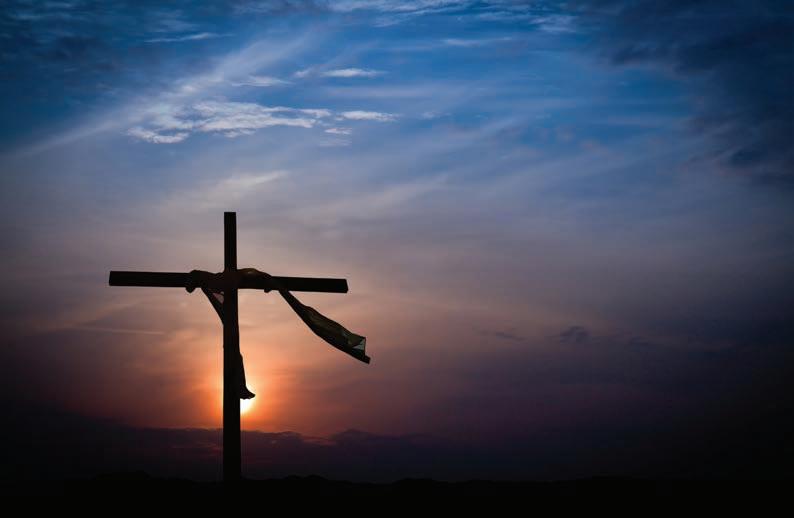
3 minute read
What’s Your Sign?
from April 2021
Gò0dNews for Everyone
What’s Your Sign?
Advertisement
by Beth Penny
Have you ever gotten behind a car with the sign “Student Driver” or “Learning to Drive a Stick”? Sometimes, we even see signs that say “Roadwork Ahead.” “Expect Delays.” Are we more patient when we see those signs because we are given the caveat that something is out of the norm? I like to think I am patient with delays that I know are coming. Would I have been as patient with the car in front of me if I hadn’t seen the sign? Maybe not. This makes me consider life. Are we this patient with people around us? We only see the outward; we don’t see what burdens a person is carrying with them everywhere he or she goes. Not everyone wears signs: Getting Divorced, Overslept, Fight with Spouse, Child Forgot Bookbag and Lunch for the 43rd Time, Lost a Loved One, Scared of Upcoming Surgery. Would our world be different if everyone wore a sign on their sleeve for what they were silently suffering through? Would we be more patient, understanding, forgiving, if we knew?
We think of the story of the Good Samaritan in Luke 10:29-37 as a children’s Sunday School story or a story saved for Vacation Bible School. In fact, as adults, I think we need to be reminded of this one as well. The fact was that Jews did not like Samaritans. It was a deep-seated and longstanding quarrel that led back to the division of Judah and Israel, way back when the 12 tribes of Jacob were fighting amongst themselves. Luke describes the way a man was robbed, beaten, and left for dead along the side of the road. Every person who walked by went clearly to the other side of the road. The one person who would have been the last person for a compassionate rescue was the Samaritan man. He had no reason at all to show kindness that day to someone he had been ingrained to hate for actually no definable reason.
Centuries later, do we have to have a reason? As a people, as communities, as countries, we are so divided that there seems to be no way to see over the mountains of distrust and disrespect that we have built. The Jews and the Samaritans were different people with contrasting beliefs and disparate cultures. Is that so foreign to us now? No matter the color, race, belief, or actions, God calls us to love one another. He has set an example for us to give His unconditional love and mercy to those around us. The “what if” is in the backs of our minds. What if they did this? What if they don’t deserve it? What if they don’t show
kindness? What if they are a sinner? Guess what? We are all sinners, and no sin is greater than any other sin.
God didn’t set limitations on His mercy for us: why do we set limitations on our mercy for others? Matthew 25:37-40 tells us, “Then the righteous will answer him, ‘Lord, when did we see you hungry and feed you, or thirsty and give you something to drink? When did we see you a stranger and invite you in, or needing clothes and clothe you? When did we see you sick or in prison and go to visit you?’ The King will reply, ‘Truly I tell you, whatever you did for one of the least of these brothers and sisters of mine, you did for me.’”
Again, we don’t know what someone is carrying around with them. We shouldn’t have to see the signs to treat others with mutual respect. So I’ll leave with one thought: Be kind, always.
The Author Beth Penny has taught English at Model High School since 1997. There she is also the Yearbook adviser and the Special Education Department Chair. She and her husband, Chad, have four children.










